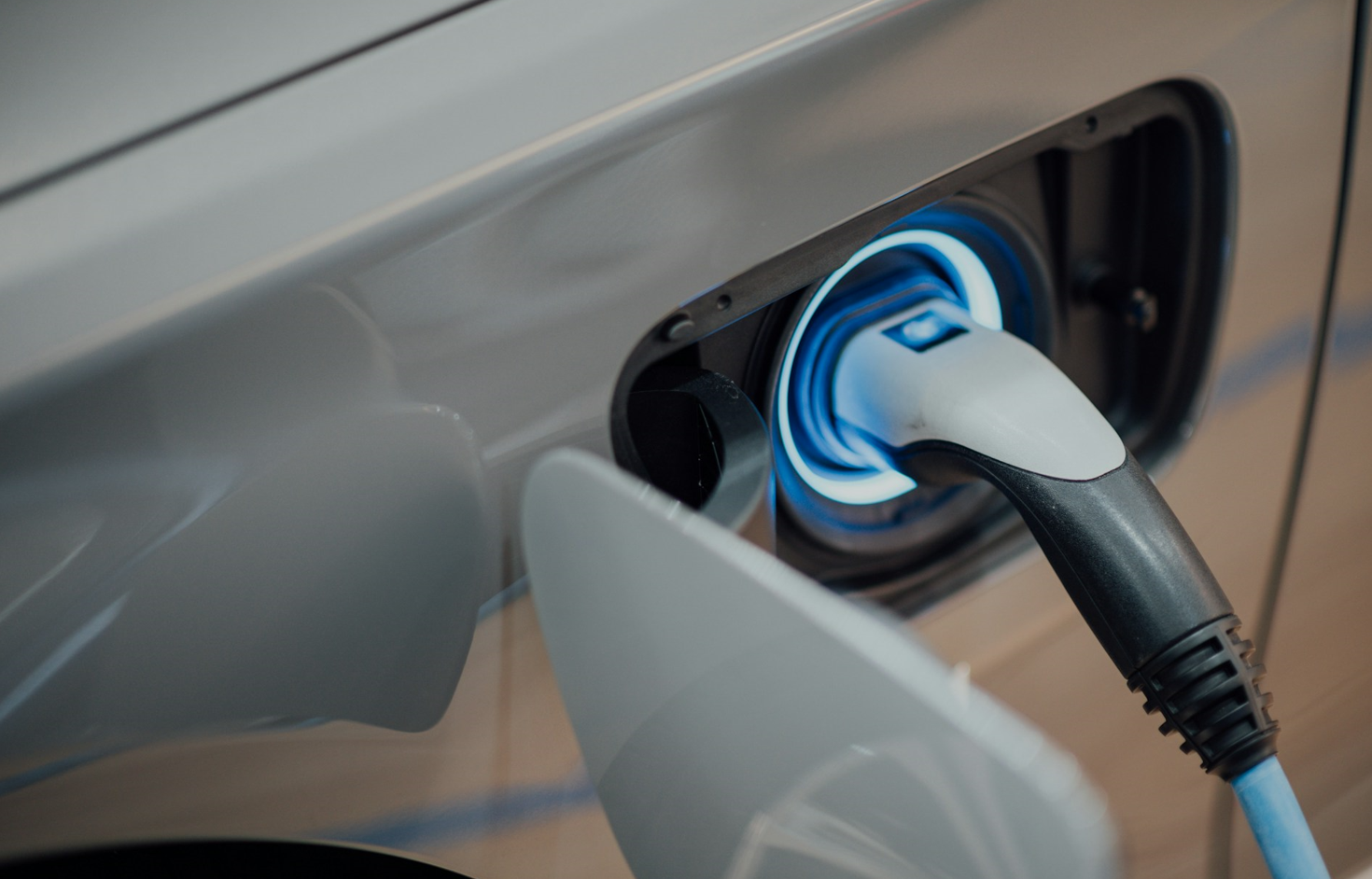The global automotive market is experiencing transformative shifts, with China emerging as a leading force in electric vehicle (EV) production and exports. In contrast, traditional powerhouses like Germany, Japan, the Republic of Korea, and the United States are facing stiff competitiveness challenges.
News & Events
After seeing near-zero interest rates in major economies in the aftermath of COVID-19, the world economy has experienced rapid monetary tightening since early-2022 (UNDESA, 2024a). Persistent inflationary pressures during the second half of 2021 due to stronger-than-expected recovery in demand, and supply shortages brought along the most aggressive monetary tightening in decades.

On 1 May 2004, eight countries from Eastern Europe – the Czech Republic, Estonia, Hungary, Latvia, Lithuania, Poland, Slovakia and Slovenia – the group often referred to as EU-8, along with Cyprus and Malta, became full-fledged members of the European Union (EU). This event is often called the “Big Bang” enlargement of the EU, with the set of pre-existing members being referred to as the EU-15.
 Welcome to the United Nations
Welcome to the United Nations
